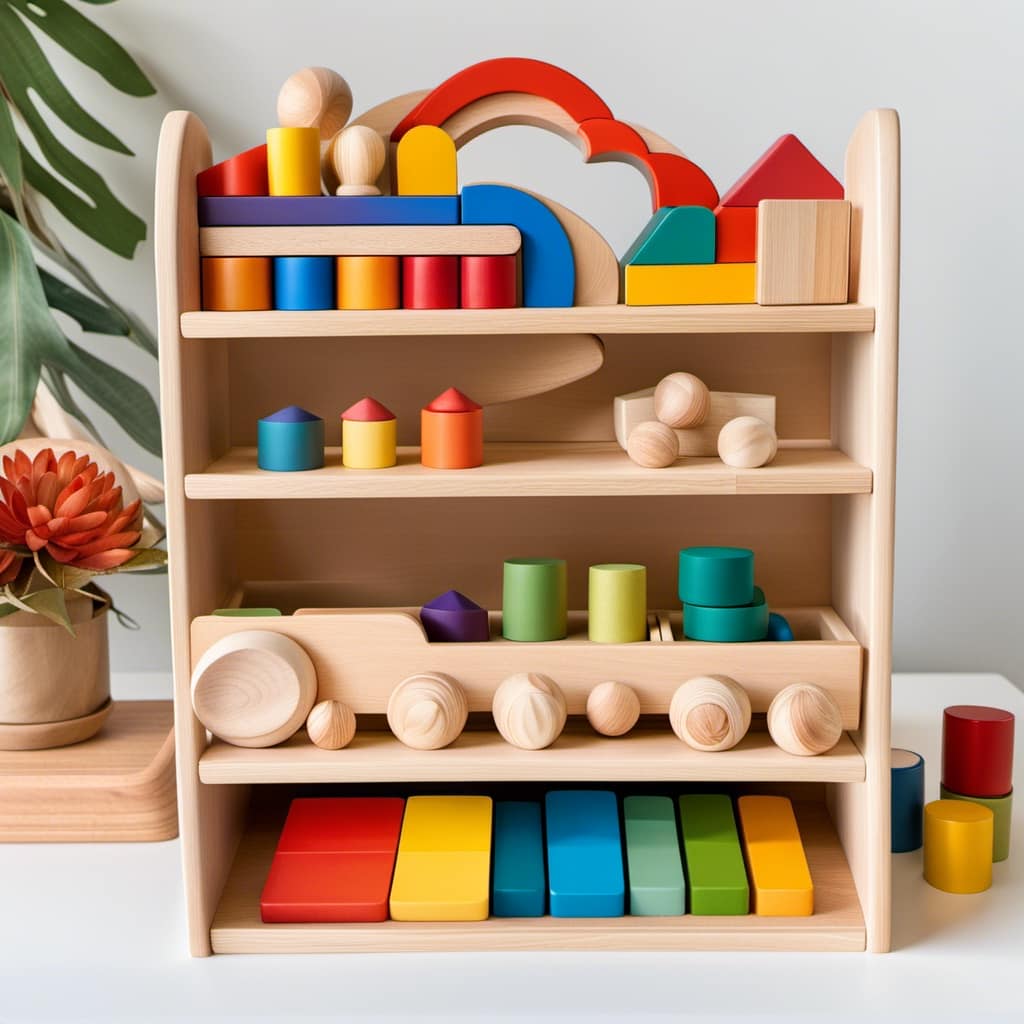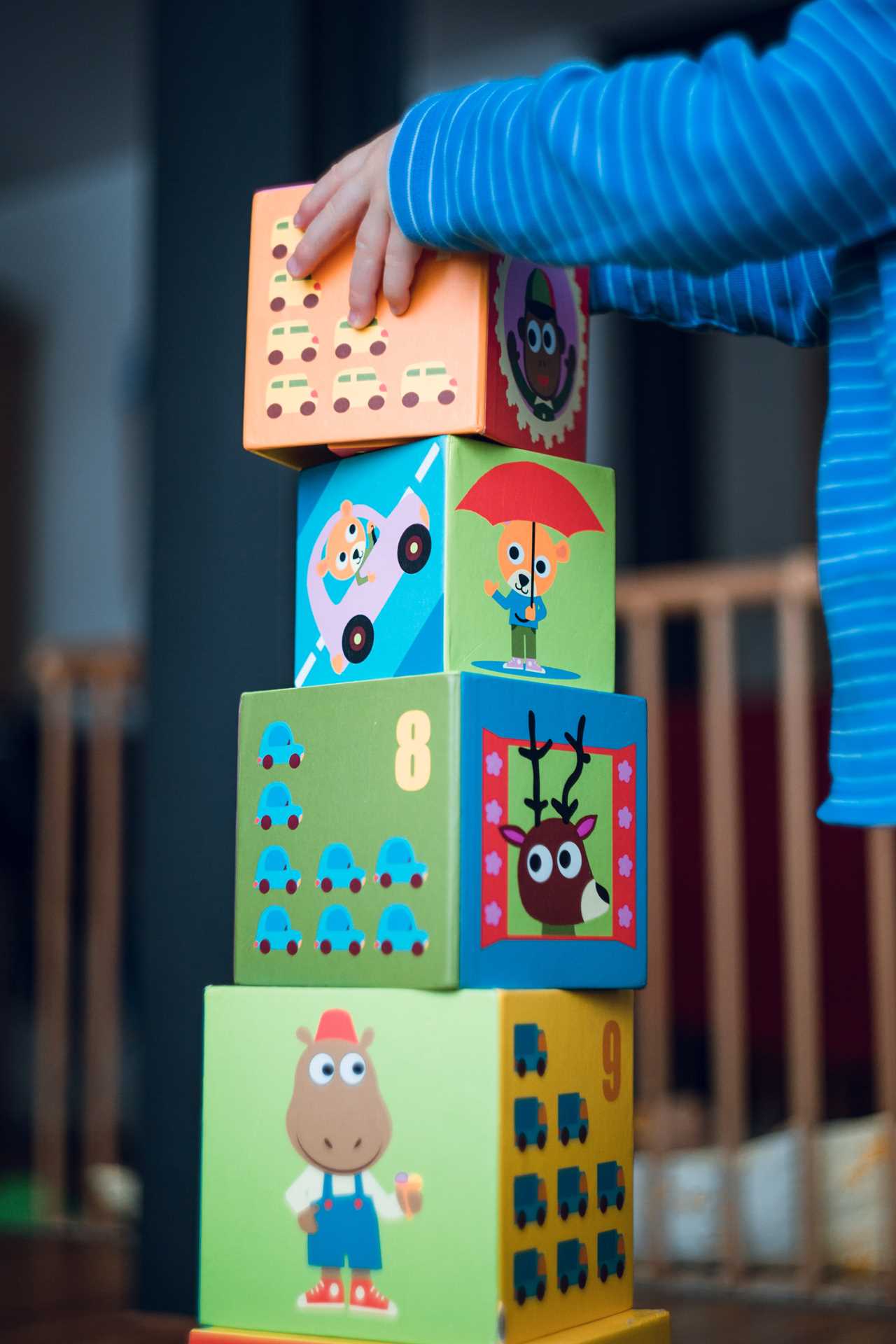As a parent, ensuring my child receives a high-quality education is always a top priority, which is why I’m excited to discuss Montessori Education with you.
It’s a child-centered approach that emphasizes independence, exploration, and hands-on learning. Developed by Dr. Maria Montessori in the early 1900s, this revolutionary method creates nurturing and stimulating environments where children can thrive.
With its focus on individual needs and interests, Montessori Education fosters independence, problem-solving skills, and a love for learning.
Let’s explore the incredible benefits of this holistic approach together.
Key Takeaways
- Montessori education emphasizes child-centered learning and independence.
- Montessori schools create nurturing and stimulating environments that foster exploration and independent learning.
- The Montessori approach recognizes that each child is unique and has different learning needs, catering to individual interests and abilities.
- Montessori classrooms provide hands-on learning opportunities with materials that engage students in a tangible way, enhancing problem-solving skills and critical thinking.
The Philosophy of Montessori Education
I believe that the philosophy of Montessori education is centered around creating a nurturing and stimulating environment that fosters a child’s natural curiosity and independence.
The Montessori approach recognizes that each child is unique and has different learning needs. It emphasizes child-centered learning and hands-on activities to promote a child’s natural development.
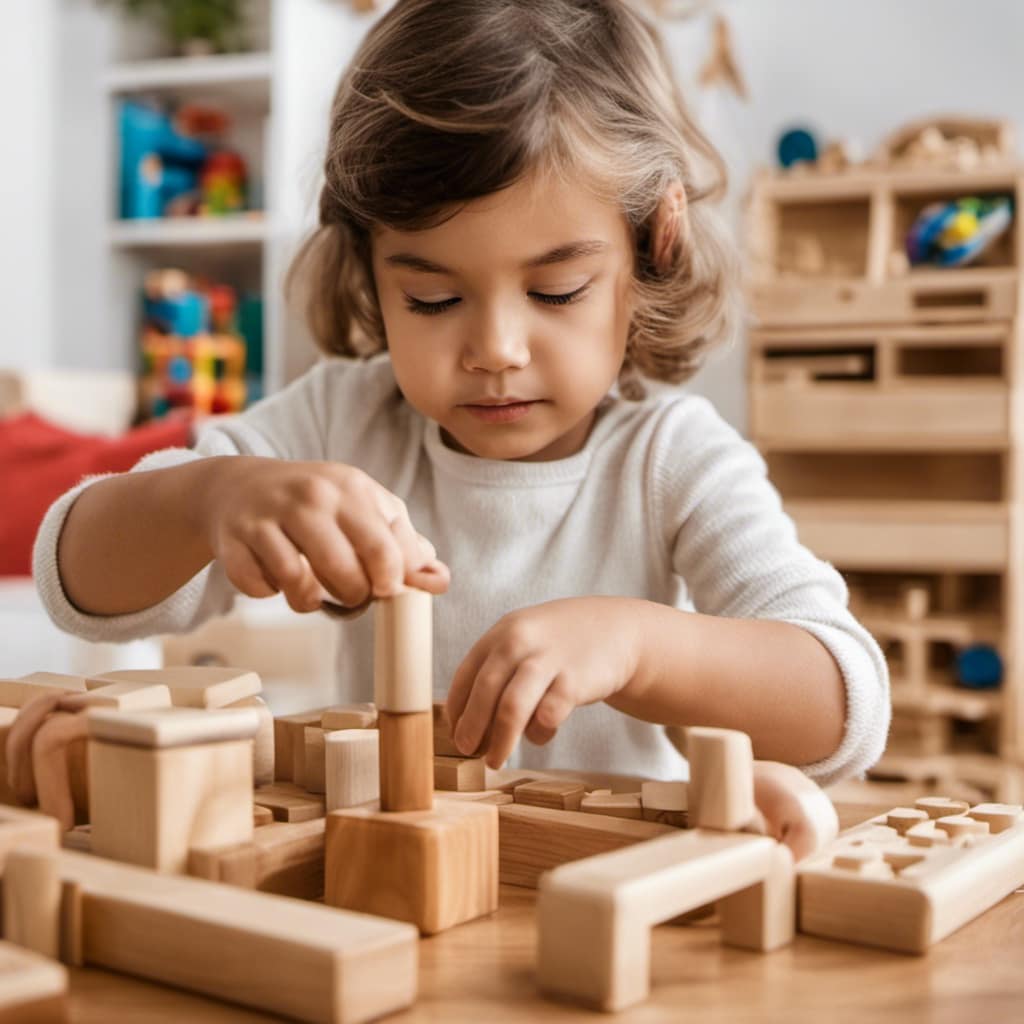
The Montessori curriculum is tailored to cater to individual interests and abilities, allowing children to explore and learn at their own pace. The materials used in Montessori classrooms are designed to facilitate learning in a tangible and interactive manner.
This approach not only enhances problem-solving skills and critical thinking but also develops independence, concentration, and a love for learning.
The learning outcomes of Montessori education include fostering independence, promoting natural development, encouraging exploration, and building confidence and self-esteem in children.
Overall, the Montessori philosophy and curriculum are designed to create an environment that supports the holistic development of the child.
The Principles of Child-Centered Learning
In the Montessori philosophy, the principles of child-centered learning prioritize the unique needs and interests of each individual student. This approach recognizes the importance of child autonomy and encourages self-directed learning.
Here are four key aspects of child-centered learning in Montessori education:

-
Freedom to explore: Montessori classrooms provide children with the freedom to choose their activities and explore their interests. This autonomy allows them to develop a sense of ownership over their learning.
-
Hands-on materials: Montessori education emphasizes the use of hands-on learning materials, which engage children in active learning experiences. These materials promote independent exploration and problem-solving skills.
-
Individualized curriculum: Montessori educators tailor the curriculum to each child’s interests and abilities. This personalized approach fosters a love for learning and encourages students to take responsibility for their education.
-
Teacher as guide: In Montessori classrooms, teachers serve as guides rather than lecturers. They observe and support children as they navigate their learning journey, empowering them to make choices and develop self-discipline.
Creating Nurturing and Stimulating Environments
Creating nurturing and stimulating environments is essential in fostering a love for learning and promoting independent thinking. In the Montessori classroom design, every aspect is carefully thought out to provide an environment that supports the child’s natural development.
The physical layout of the classroom allows for freedom of movement and exploration. Materials are organized and easily accessible, encouraging the child to independently choose activities that pique their interest. The classroom is filled with natural light, plants, and artwork, creating a warm and inviting atmosphere.
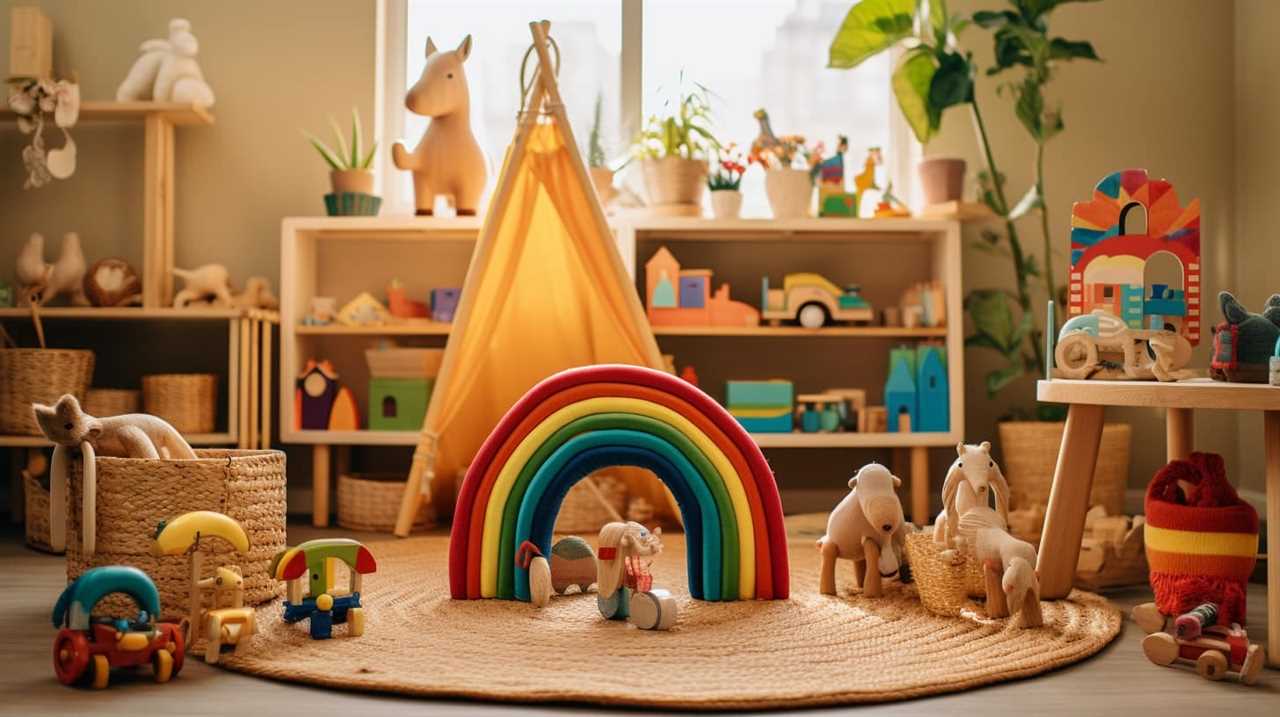
A variety of learning areas are provided, such as practical life, sensorial, language, math, and cultural materials, which cater to the child’s diverse interests and abilities. The Montessori classroom design also includes spaces for group activities and social interaction, promoting collaboration and cooperation among the children.
The Impact of Dr. Maria Montessori’s Revolutionary Ideas
Dr. Maria Montessori’s revolutionary ideas continue to shape education and have a profound impact on classrooms worldwide.
The impact of Montessori philosophy can be seen in the following ways:
-
Child-Centered Learning: The Montessori approach recognizes the unique needs of each child and tailors the curriculum accordingly. This personalized approach fosters a love for learning and encourages children to take ownership of their education.
-
Independence: Montessori classrooms promote independence by providing materials and activities that allow children to explore and learn at their own pace. This independence builds confidence and self-esteem, setting the stage for lifelong learning.
-
Hands-On Learning: Montessori education emphasizes hands-on, experiential learning. Through the use of specially designed materials, children engage in tangible activities that enhance problem-solving skills and critical thinking.
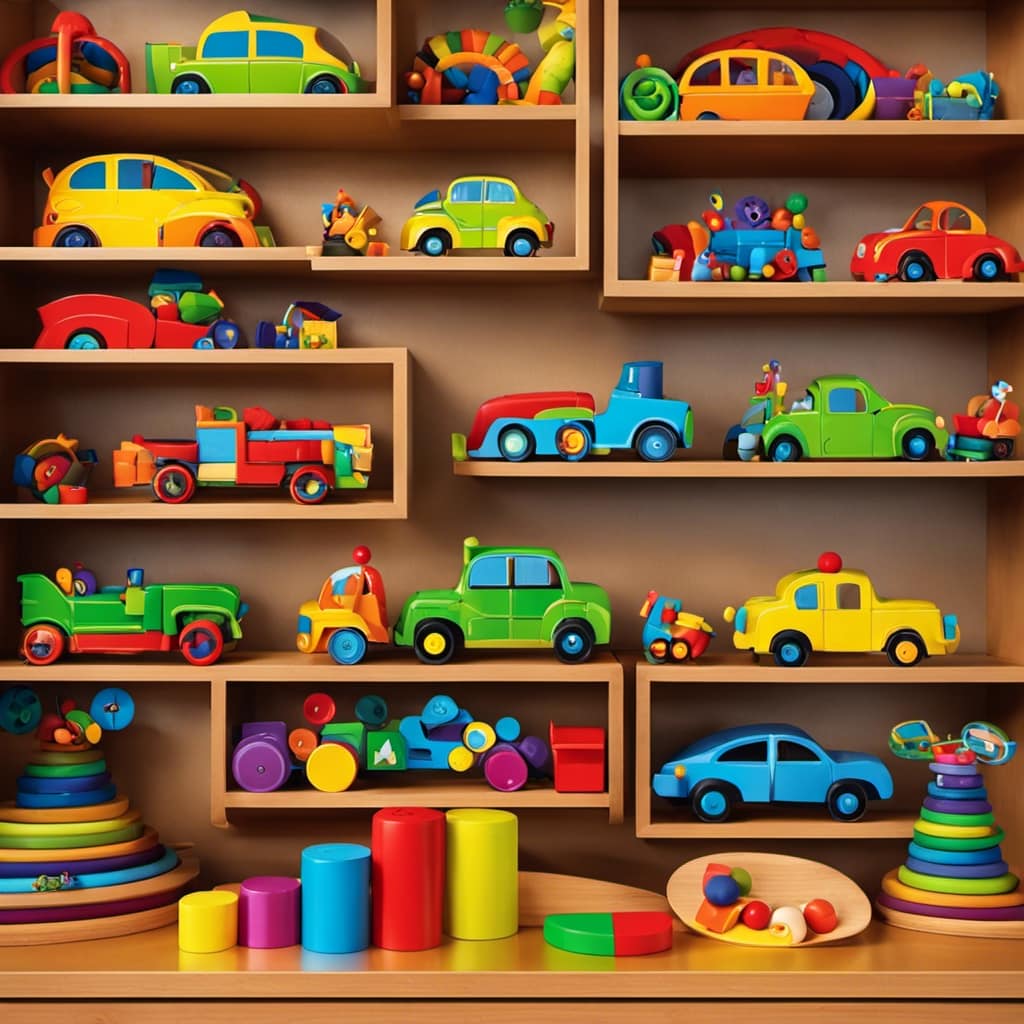
-
Modern Education: The Montessori approach continues to be relevant in modern education. Its focus on individualized learning, independence, and hands-on experiences aligns with current research on effective teaching and learning practices. Montessori classrooms provide a nurturing and stimulating environment where children can thrive and reach their full potential.
The Benefits of Montessori Education
I believe that the benefits of Montessori education are evident in the independence, natural development, and confidence that it fosters in students.
Montessori education places great importance on independence, allowing children to take charge of their own learning and decision-making. Through hands-on activities, children are encouraged to explore and discover, fostering a love for learning that lasts a lifetime.
The Montessori classroom environment is designed to promote independence and self-motivation, as students have the freedom to choose their activities and work at their own pace. This approach not only allows for individual interests and learning styles to be catered to, but also helps children develop problem-solving skills and critical thinking abilities.
The Role of the Montessori Classroom
The role of the Montessori classroom is to guide and observe students, providing materials tailored to their behavior and abilities. In a Montessori classroom, we prioritize fostering independence and problem-solving skills in our students.
Here are four ways we empower our students and create a student-led environment:
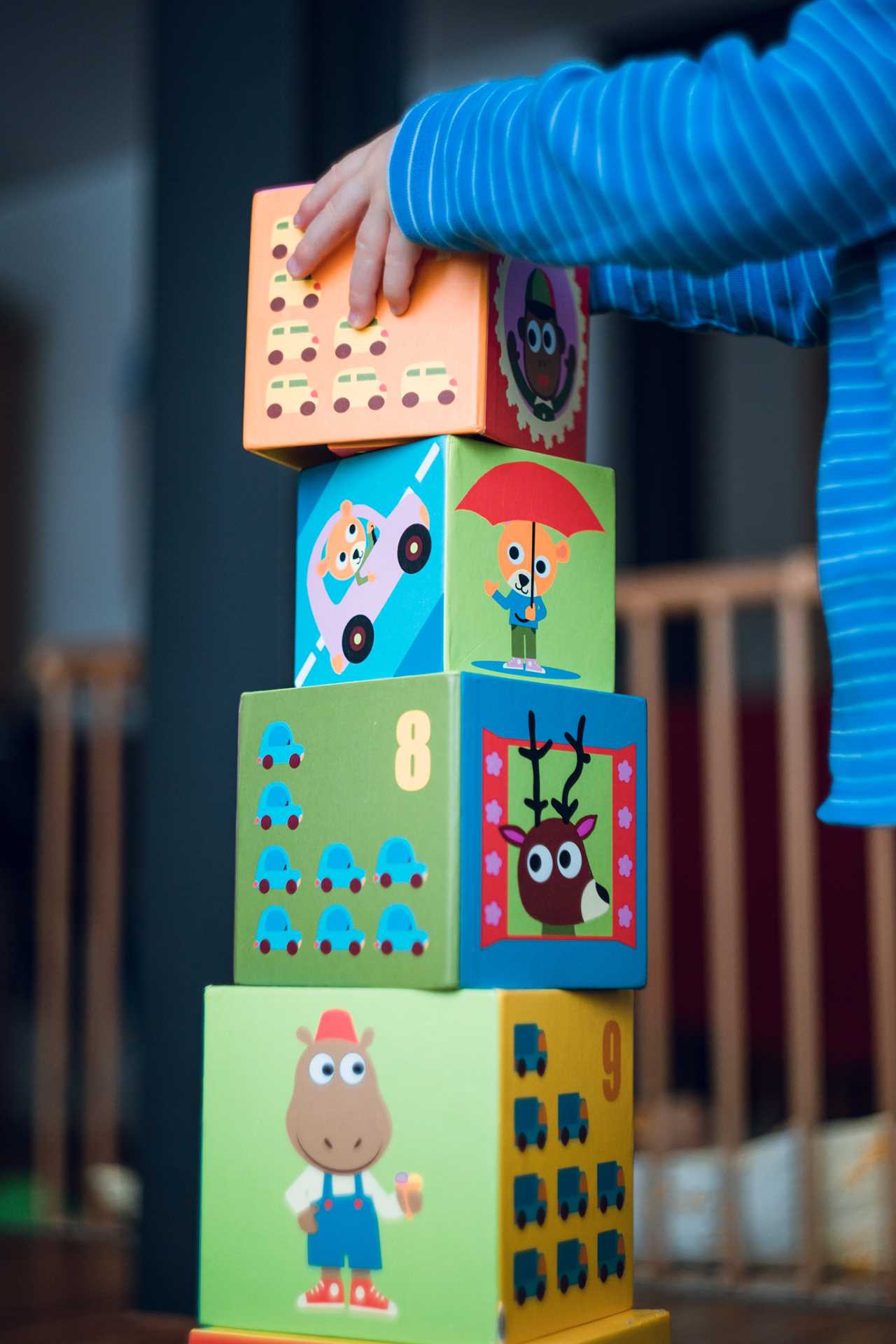
-
Encouraging self-directed learning: We believe that children learn best when they have the freedom to explore their interests and learn at their own pace. Our classroom environment and materials are designed to promote independent learning.
-
Nurturing decision-making skills: We encourage our students to make choices and take responsibility for their learning. By allowing them to make decisions, we help them develop problem-solving skills and gain confidence in their abilities.
-
Promoting collaboration and cooperation: Our classroom is a community where students learn to work together and support each other. Through group activities and collaborative projects, students develop social skills and learn to value the contributions of others.
-
Providing opportunities for leadership: We believe that every student has unique strengths and talents. We provide opportunities for students to take on leadership roles, whether it’s leading a group activity or being responsible for a specific task. This helps them develop leadership skills and feel empowered in their learning journey.
Hands-On Learning in Montessori Schools
In our Montessori classroom, we believe in the power of hands-on learning to engage students and foster their love for exploration and discovery.
Hands-on learning is a cornerstone of Montessori education, and it offers numerous benefits for students. When children actively manipulate materials and engage their senses, they develop a deeper understanding of concepts and enhance their problem-solving skills.
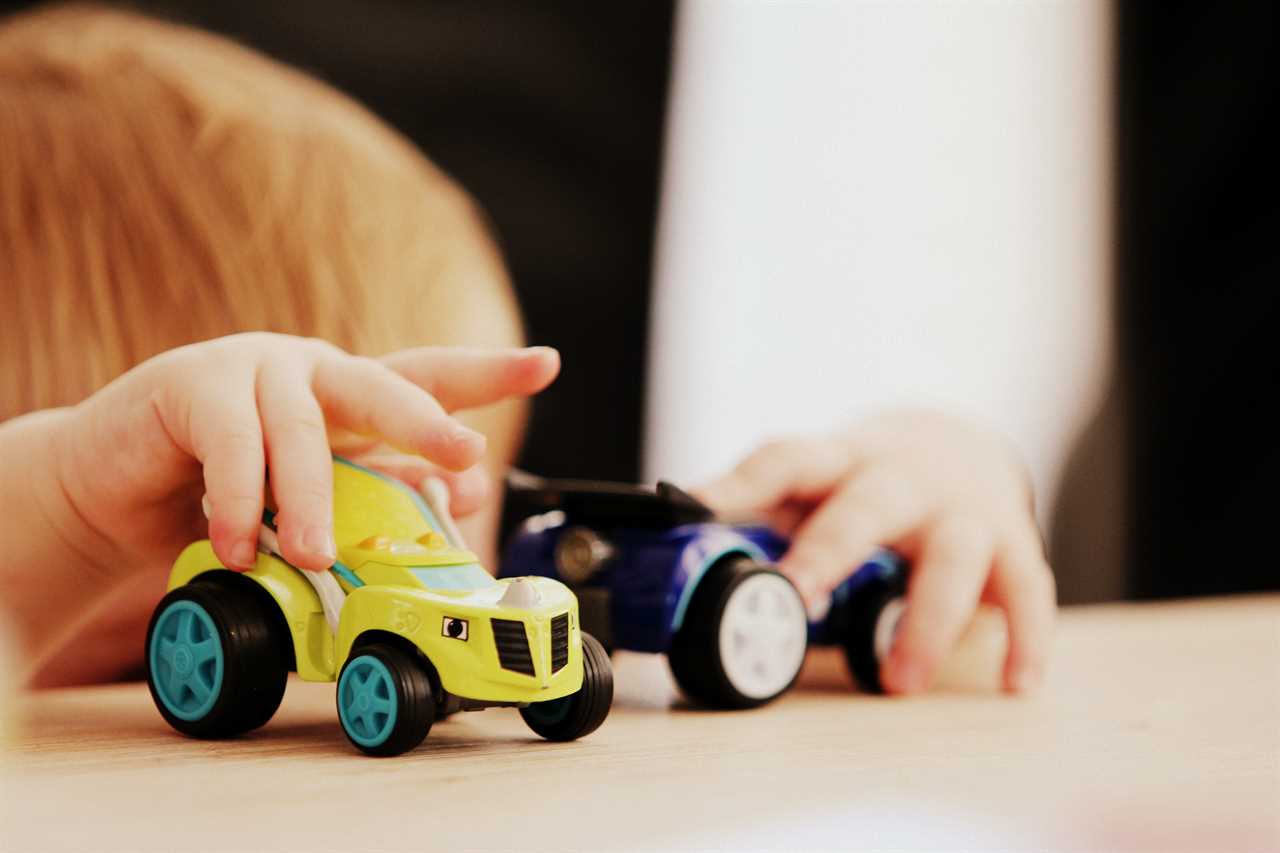
Hands-on learning also promotes independence and concentration, as students take ownership of their learning and become active participants in the classroom.
These benefits can be incorporated into traditional classrooms by incorporating Montessori principles. Teachers can provide hands-on activities and materials that encourage exploration and cater to individual interests and learning paces.
The Importance of Montessori Learning Materials
Using Montessori learning materials allows students to actively engage with concepts, enhancing their understanding and fostering a love for exploration and discovery. Here are four key benefits of hands-on learning with Montessori materials:
-
Improved comprehension: Montessori materials are specifically designed to provide students with tangible experiences that deepen their understanding of abstract concepts. For example, the Pink Tower helps develop spatial awareness and visual discrimination skills.
-
Enhanced critical thinking: By manipulating Montessori materials, students are encouraged to think critically and problem-solve. The Sandpaper Letters, for instance, play a crucial role in literacy development.
-
Increased independence: Montessori learning materials empower students to take charge of their own learning. The Golden Beads, for instance, transform their understanding of place value, allowing them to work independently with numbers.
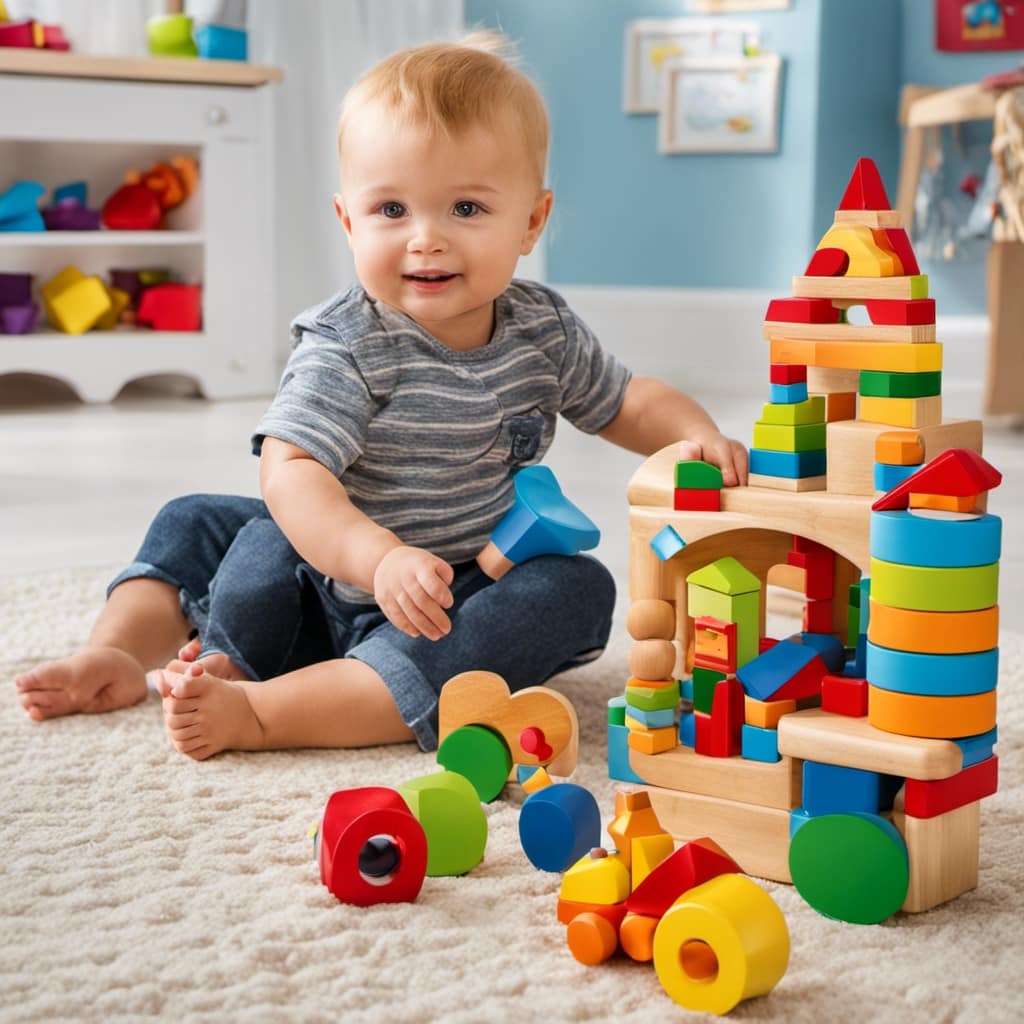
-
Nurturing a love for learning: Montessori materials foster a sense of wonder and curiosity in students, creating a positive and engaging learning environment. This love for exploration and discovery stays with them throughout their educational journey.
Frequently Asked Questions
How Does Montessori Education Promote Socialization and Collaboration Among Students?
Montessori education promotes socialization and collaboration among students by emphasizing social skills development and cooperative learning. Students learn to work together, communicate effectively, and respect each other’s ideas, fostering a supportive and inclusive learning environment.
Are Montessori Schools Suitable for Children With Special Needs or Learning Disabilities?
Montessori schools prioritize inclusion and provide individualized instruction for children with special needs or learning disabilities. The child-centered approach fosters their independence and allows for tailored support to meet their unique needs.
What Is the Role of the Teacher in a Montessori Classroom?
In a Montessori classroom, the teacher’s role is like a guide, observing and providing materials based on the child’s needs. They foster independence and problem-solving skills, creating a student-led environment that aligns with Montessori philosophy.
How Do Montessori Schools Assess and Evaluate Student Progress?
Montessori schools assess and evaluate student progress through various methods, including observation, portfolio assessment, and informal assessments. These approaches focus on understanding a child’s development, individual strengths, and areas for growth in a holistic and child-centered manner.
What Is the Typical Daily Schedule Like in a Montessori Classroom?
In a typical Montessori classroom, students engage in a variety of daily activities, such as independent work with Montessori materials, group lessons, outdoor play, and practical life activities. These materials are specifically designed to promote hands-on learning and independence.
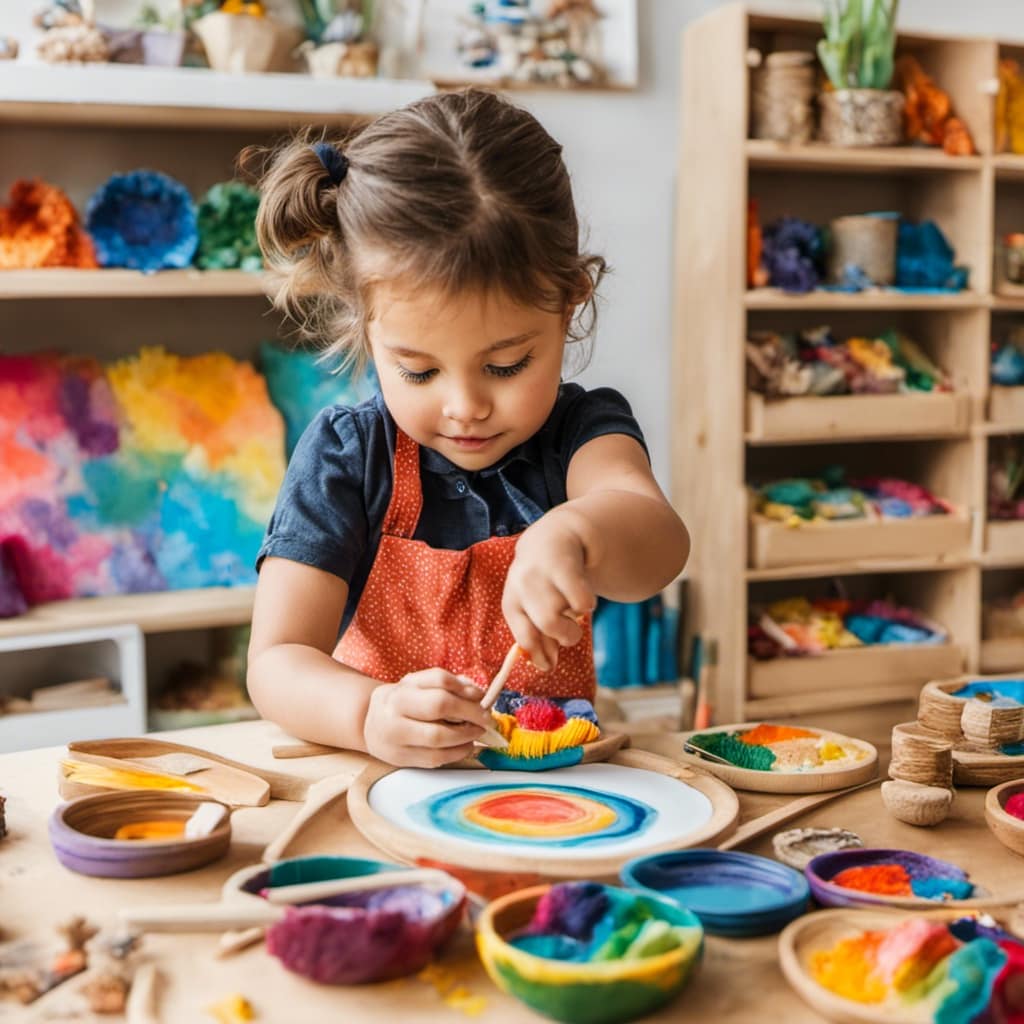
Conclusion
In conclusion, Montessori Education is a child-centered approach that fosters independence, exploration, and hands-on learning. Dr. Maria Montessori’s revolutionary ideas have had a profound impact on education, creating nurturing and stimulating environments that cater to each child’s unique needs.
The Montessori classroom plays a crucial role in guiding and observing students, promoting independence and problem-solving skills. Hands-on learning with Montessori materials enhances critical thinking and concentration.
One interesting statistic is that research has shown that Montessori education has a positive impact on children’s academic and social development, with Montessori students often outperforming their peers in various areas.

